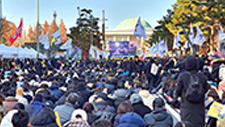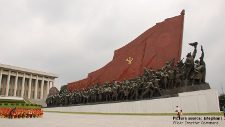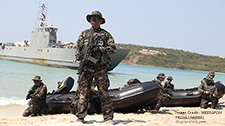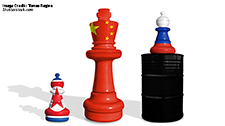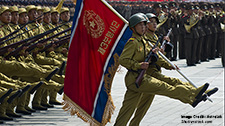UNICEF and Epistemic Authority in North Korea, from Humanitarian Emergency to the Millennium Development Goals (MDGs), 1995-2015
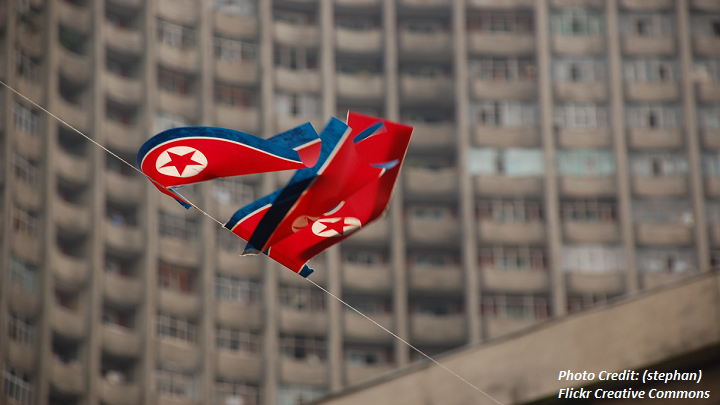
Gianluca Spezza
Abstract:
This study analyzes the work of UNICEF in the DPRK (North Korea) from 1995 to the late 2000s, asking how and why UNICEF pursued development objectives, particularly in the field of education, despite refusal from key donors to countenance support for developmental programs in the DPRK and their insistence that aid should be confined to the humanitarian sphere. The core argument of this article is that UNICEF – a key UN agency with a semi-autonomous capacity – developed sufficient epistemic authority to legitimize humanitarianism and development as non-mutually-exclusive goals of DPRK operations and therefore allowed itself to pursue the implementation of educa-tional programs in North Korea, despite the reluctance of donors to provide support for development work in the country.
Related Publications
-
Martial Law and Political Polarization: What’s in Store for South Korea?
Abstract On December 3, South Korean President Yoon Suk-yeol declared emergency martial law, shocking both the country and the rest of the world. However, the martial law was only in […]
-
Kamala Harris on North Korea: Change or Continuation?
Despite many efforts and different strategies, both previous and current U.S. administrations have been unsuccessful in preventing the Democratic People’s Republic of Korea (DPRK) from developing its nuclear and missile […]
-
‘Strategic Talks’ – A Report by Stockholm Korea Center
In June, the ISDP Korea Center launched “Strategic Talks,” an online series focusing on developments on the Korean Peninsula and regional and international security. The inaugural session on June 4, […]
-
Russia-DPRK Partnership: Implications for the West
This issue brief examines the evolving relationship between the DPRK and Russia, particularly since Russia’s invasion of Ukraine in 2022. The partnership has deepened, with North Korea supporting Russia diplomatically […]
-
Deciphering North Korea’s Military Activities
In 2024, the growing tensions on the Korean Peninsula have highlighted the unpredictability of North Korea’s military intentions. This issue brief evaluates the strategic behaviors of North Korea, particularly under […]
